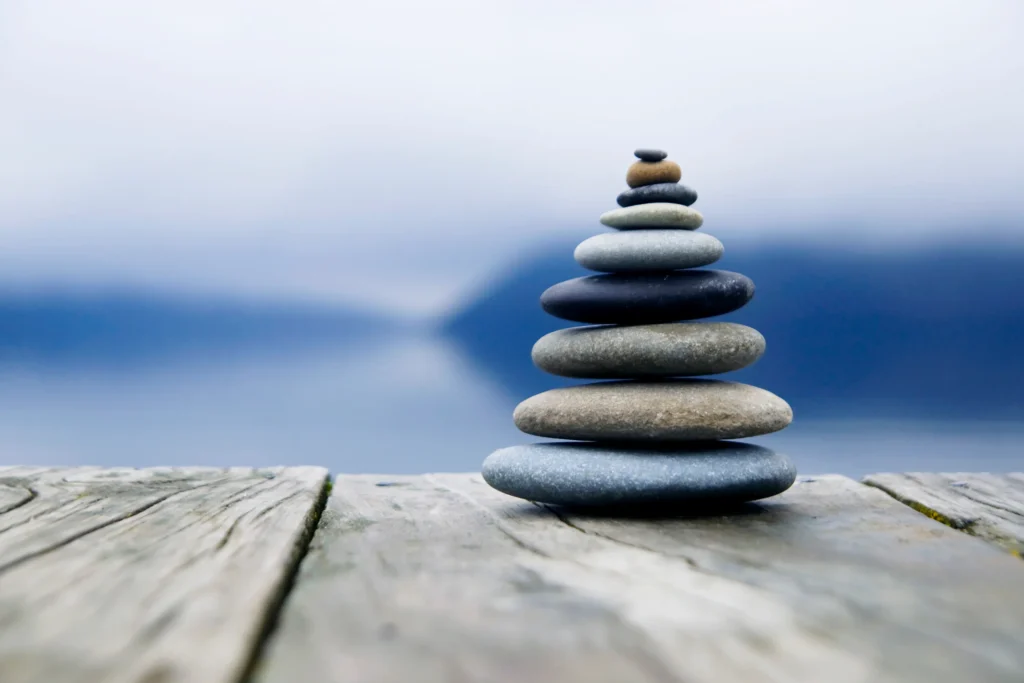The quote “Self-Control Is Strength. Calmness Is Mastery. You – Tymoff” teaches you how to empower yourself, learn the key discipline factor of the successful life, by staying calm under pressure. In today’s busy world, managing our emotions and staying calm is more important than ever. But how can you apply these qualities in your daily life?
This article breaks down what self-control and calmness mean and provides practical tips to help you develop both. By the end, you’ll understand how these traits can help you improve your life.
What is Self-Control and Why is It Important?

Self-control is the ability to manage your thoughts, emotions, and actions, especially in challenging situations. It helps you stay focused on long-term goals instead of being swayed by short-term impulses.
Self-control is a form of strength because it helps you overcome obstacles by thinking before reacting. People with strong self-control handle stress better, make better decisions, and are more likely to achieve success.
Simple Tips to Build Self-Control
- Set Clear Goals: Know what you want to achieve and keep your goals in mind. This will help you stay focused.
- Remove Distractions: Limit temptations like social media when working or studying. Create an environment that helps you focus.
- Practice Mindfulness: Mindfulness teaches you to be aware of your emotions without reacting impulsively. Taking a pause can help you make better decisions.
- Break Down Goals: Set small, achievable milestones to build self-control gradually.
- Build Good Habits: Replace bad habits with good ones. For example, set a specific time for focused work or exercise daily.
Calmness: Mastery Over Emotions
Calmness is the ability to stay composed, especially during stressful situations. It allows you to think clearly and act wisely. Calmness helps you manage your emotions and respond thoughtfully rather than reacting emotionally.
How Calmness is Linked to Self-Control
Calmness is the highest form of self-control. When you learn to control your emotions, you can remain calm even when things are tough. This clarity helps you make better decisions and handle stressful situations more effectively.
Proven Techniques to Master Calmness
- Meditation: Start with 5-10 minutes of meditation daily to calm your mind and improve focus.
- Get Enough Sleep: A good night’s sleep improves your ability to stay calm and manage emotions.
- Exercise Regularly: Physical activity reduces stress and helps clear your mind.
- Manage Expectations: Accept that some things are beyond your control. This helps reduce stress and frustration.
- Practice Forgiveness: Let go of grudges. Holding onto anger increases emotional stress.
Real-Life Examples of Self-Control and Calmness
- Athletes: Top athletes stay disciplined through self-control and remain calm under pressure, which leads to better performance.
- Business Leaders: Successful leaders remain calm during stressful situations, allowing them to make wise decisions without being overwhelmed by emotions.
- Everyday Life: Imagine being stuck in traffic. Using self-control to remain calm can help reduce stress and frustration.
Benefits of Self-Control and Calmness
- Improved Relationships: Controlling emotions leads to better communication and fewer conflicts.
- Better Mental Health: Self-control and calmness reduce stress and anxiety, improving emotional well-being.
- Increased Productivity: Staying focused on your goals helps you get more done in less time.
- Personal Growth: Self-control and calmness help you stay disciplined and grow in all areas of life.
A 3-Week Plan to Build Self-Control and Calmness

Week 1: Build Self-Control
- Days 1-2: Identify distractions and remove them.
- Days 3-4: Set clear goals and break them into small steps.
- Days 5-7: Practice mindfulness or meditation for 5-10 minutes each day.
Week 2: Practice Calmness
- Days 1-3: Start your day with deep breathing.
- Days 4-6: Stay calm in stressful situations by focusing on what you can control.
- Day 7: Reflect on how well you’ve managed stress.
Week 3: Combine Self-Control and Calmness
Throughout the week, practice using both self-control and calmness to handle challenges. Pause before reacting and make thoughtful decisions.
Conclusion: Mastering Self-Control and Calmness
The quote “Self-control is strength. Calmness is mastery. You – Tymoff” reminds us of the power of managing our emotions. By building self-control, you can stay focused on your goals, while calmness helps you handle stress and make better decisions.
Start small, stay consistent, and soon you’ll see the benefits of these traits in your life. Whether at work, in relationships, or during daily challenges, self-control and calmness are the keys to a balanced and successful life.























+ There are no comments
Add yours